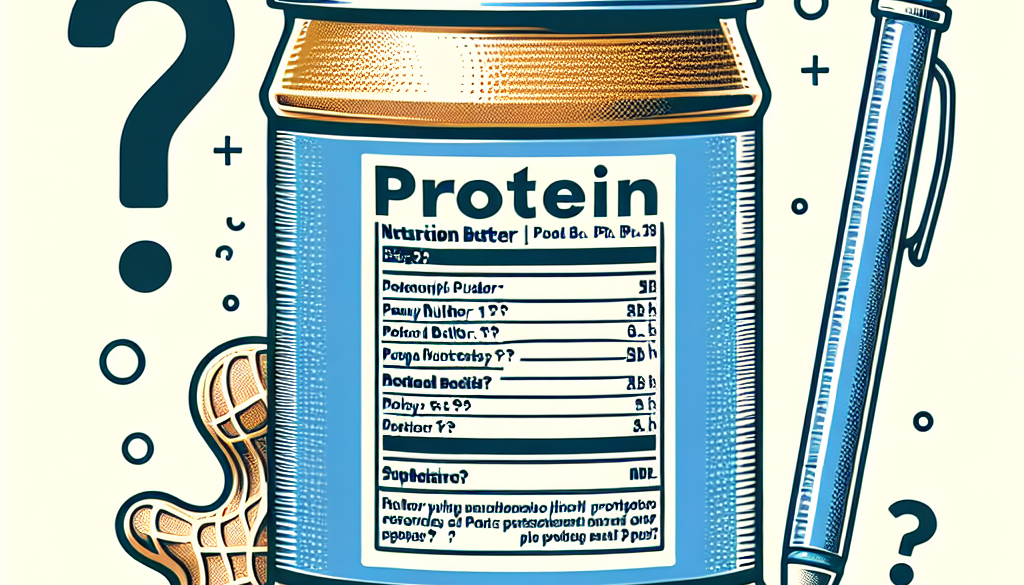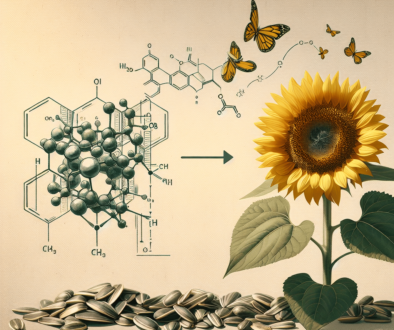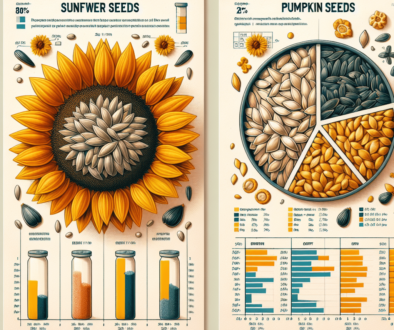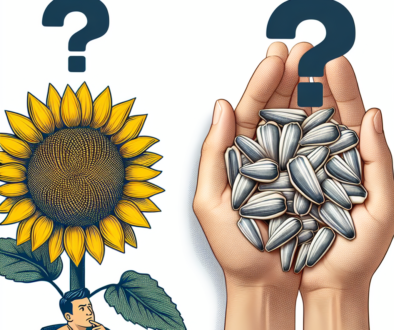Is Peanut Butter A Complete Protein?
-
Table of Contents
- Is Peanut Butter a Complete Protein? Understanding Its Nutritional Profile
- What Is a Complete Protein?
- The Protein Content of Peanut Butter
- Combining Foods to Achieve a Complete Protein
- Nutritional Benefits of Peanut Butter
- Case Studies and Statistics
- How to Incorporate Peanut Butter for Optimal Protein Intake
- Conclusion: The Role of Peanut Butter in a Balanced Diet
- Discover ETprotein’s Range of Complete Protein Products
Is Peanut Butter a Complete Protein? Understanding Its Nutritional Profile
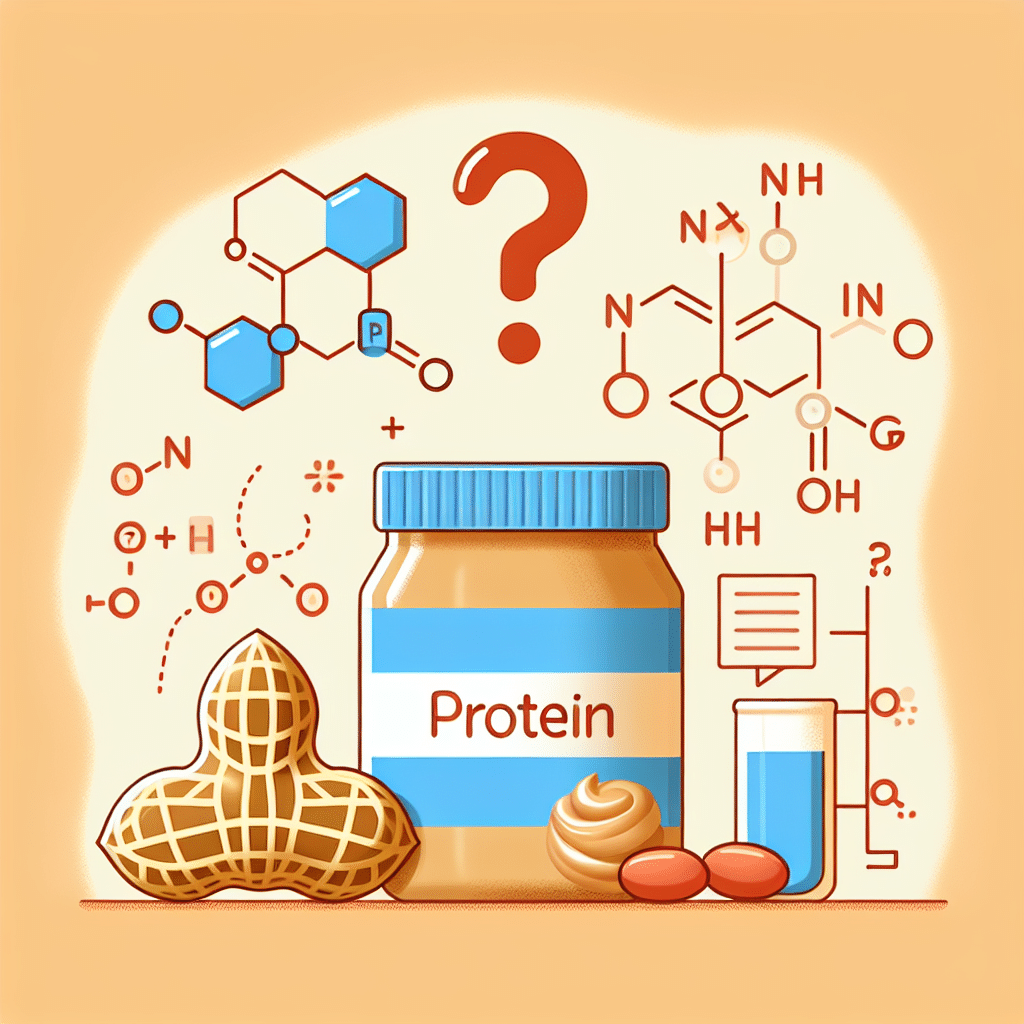
Peanut butter is a staple in many households, loved for its rich flavor and creamy texture. It’s a convenient source of nutrition, often touted for its protein content. But when it comes to evaluating proteins, the term “complete protein” becomes crucial. This article delves into whether peanut butter can be considered a complete protein and what that means for your diet.
What Is a Complete Protein?
Proteins are made up of amino acids, which are the building blocks of our muscles, enzymes, and hormones. There are twenty different amino acids that the human body uses to build proteins. Nine of these are essential amino acids, meaning our body cannot produce them, and we must obtain them through our diet.
A complete protein is one that contains all nine essential amino acids in sufficient quantities. Animal-based foods like meat, dairy, and eggs typically contain complete proteins. Plant-based sources of protein often lack one or more of the essential amino acids, making them incomplete proteins.
The Protein Content of Peanut Butter
Peanut butter is derived from peanuts, which are legumes, not nuts. Legumes are known for their high protein content, and peanuts are no exception. However, the question remains: Is the protein in peanut butter complete?
- Peanuts contain all nine essential amino acids, but not in ideal proportions.
- The amino acid methionine is present in lower amounts compared to other essential amino acids.
- While peanut butter contains each essential amino acid, it does not meet the threshold to be considered a complete protein.
Combining Foods to Achieve a Complete Protein
For those following a plant-based diet or looking to diversify their protein sources, combining different plant foods can create a complete protein profile. This is known as protein complementation.
- Combining peanut butter with whole grain bread is a classic example. Whole grains are typically low in lysine but high in methionine, complementing the amino acid profile of peanuts.
- Other combinations include rice and beans, hummus and pita bread, or lentils with barley.
Nutritional Benefits of Peanut Butter
Despite not being a complete protein on its own, peanut butter offers a range of nutritional benefits:
- It is a good source of healthy fats, particularly monounsaturated and polyunsaturated fats.
- Peanut butter contains vitamins and minerals such as magnesium, potassium, and zinc.
- It is also rich in dietary fiber, which aids in digestion and promotes a feeling of fullness.
Case Studies and Statistics
Research has shown that including nuts and nut butters in your diet can have health benefits. A study published in the Journal of the American College of Nutrition found that nut consumption is associated with a reduced risk of cardiovascular disease and type 2 diabetes. Additionally, the protein and fiber in peanut butter can aid in weight management by reducing hunger and calorie intake.
How to Incorporate Peanut Butter for Optimal Protein Intake
To make the most of peanut butter’s nutritional profile, consider the following tips:
- Spread it on whole grain toast for breakfast to create a more complete protein meal.
- Add a spoonful to your smoothie for an extra protein boost.
- Use it as a dip for fruits or vegetables for a healthy snack.
- Look for natural peanut butter with no added sugars or oils to maximize health benefits.
Conclusion: The Role of Peanut Butter in a Balanced Diet
While peanut butter is not a complete protein by itself, it remains a valuable part of a balanced diet. Its rich nutritional profile provides essential nutrients and can contribute to overall health when consumed in moderation. By combining peanut butter with other plant-based foods, you can ensure you’re getting all the essential amino acids your body needs.
Discover ETprotein’s Range of Complete Protein Products
If you’re looking to supplement your diet with complete protein sources, ETprotein offers a variety of high-quality protein products. Their extensive range includes organic rice protein, pea protein, and unique options like watermelon seed protein, ensuring that you can find the perfect fit for your dietary preferences and nutritional needs.
ETprotein’s products are characterized by their neutral taste, non-GMO, and allergen-free attributes, with L-(+)-Ergothioneine purity over 98%, making them an excellent choice for anyone looking to enhance their protein intake with complete, plant-based options.
About ETprotein:
ETprotein, a reputable protein and L-(+)-Ergothioneine (EGT) Chinese factory manufacturer and supplier, is renowned for producing, stocking, exporting, and delivering the highest quality organic bulk vegan proteins and L-(+)-Ergothioneine. They include Organic rice protein, clear rice protein, pea protein, clear pea protein, watermelon seed protein, pumpkin seed protein, sunflower seed protein, mung bean protein, peanut protein, and L-(+)-Ergothioneine EGT Pharmaceutical grade, L-(+)-Ergothioneine EGT food grade, L-(+)-Ergothioneine EGT cosmetic grade, L-(+)-Ergothioneine EGT reference grade and L-(+)-Ergothioneine EGT standard. Their offerings, characterized by a neutral taste, non-GMO, allergen-free attributes, with L-(+)-Ergothioneine purity over 98%, 99%, cater to a diverse range of industries. They serve nutraceutical, pharmaceutical, cosmeceutical, veterinary, as well as food and beverage finished product distributors, traders, and manufacturers across Europe, USA, Canada, Australia, Thailand, Japan, Korea, Brazil, and Chile, among others.
ETprotein specialization includes exporting and delivering tailor-made protein powder and finished nutritional supplements. Their extensive product range covers sectors like Food and Beverage, Sports Nutrition, Weight Management, Dietary Supplements, Health and Wellness Products, and Infant Formula, ensuring comprehensive solutions to meet all your protein needs.
As a trusted company by leading global food and beverage brands and Fortune 500 companies, ETprotein reinforces China’s reputation in the global arena. For more information or to sample their products, please contact them and email sales(at)ETprotein.com today.

